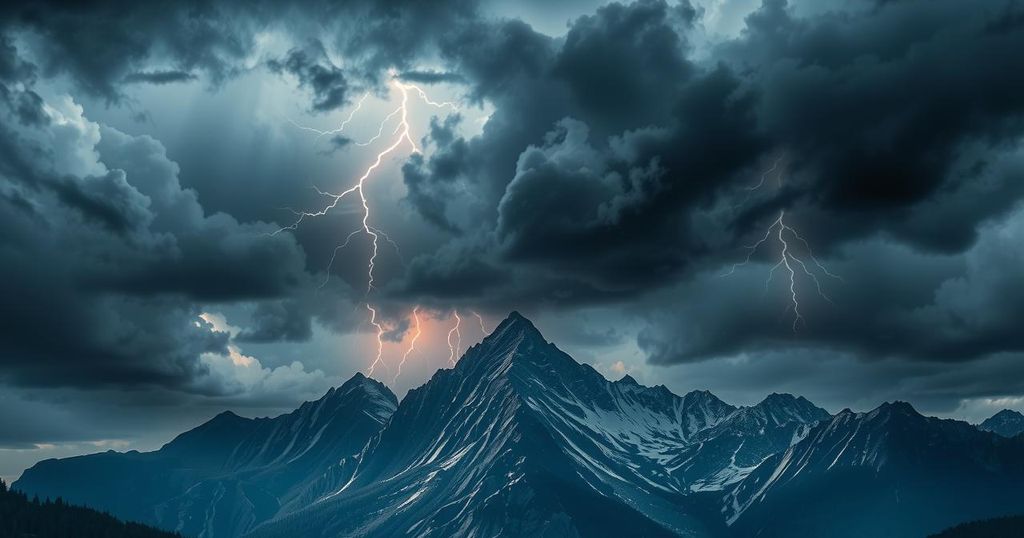Abdullah Maki Musleh al-Rifai, a prominent ISIS leader, has been killed by Iraqi forces in conjunction with a U.S.-led coalition. Iraqi Prime Minister Mohammed Shia al-Sudani confirmed the operation, praising its significance. Al-Rifai had been a key figure in ISIS after the death of Abu Bakr al-Baghdadi, further highlighting the group’s ongoing struggles since losing territorial control.
Abdullah Maki Musleh al-Rifai, the leader of the Islamic State in Iraq and Syria, has been killed, as confirmed by Iraqi Prime Minister Mohammed Shia al-Sudani. This information was reported by Reuters, highlighting al-Rifai’s status as one of the most dangerous terrorists both in Iraq and globally.
Iraqi security forces, alongside a U.S.-led coalition, executed the operation that resulted in al-Rifai’s death, who was also known as Abu Khadija. Prime Minister Sudani congratulated Iraqis and advocates for peace on this significant security accomplishment, reiterating al-Rifai’s notorious reputation.
Al-Rifai, born in 1991 in the Balad District of Salah ad Din Province, served as the emir of Bilad al-Rafidayn, the Iraqi division of ISIS, and held the title of ‘Deputy Caliph’. His demise follows a series of leadership losses experienced by ISIS, including the death of former leader Abu Bakr al-Baghdadi in 2019.
Since al-Baghdadi’s death, ISIS has struggled to establish stable leadership, with successive figures being eliminated. Although the Islamic State had enforced a strict Islamist regime over a vast population in Syria and Iraq, it has experienced significant territorial losses. The organization continues to attempt a resurgence in the Middle East, the West, and Asia despite its diminished power and ongoing attacks carried out by remaining cells.
The killing of Abdullah Maki Musleh al-Rifai marks a crucial victory in the ongoing fight against ISIS, following a series of leadership losses within the organization. His role as a senior ISIS figure underscores the challenges the group faces in maintaining its operational capacity. As the militant group attempts to recover from territorial losses, the international community remains vigilant against its resurgence.
Original Source: www.livemint.com






